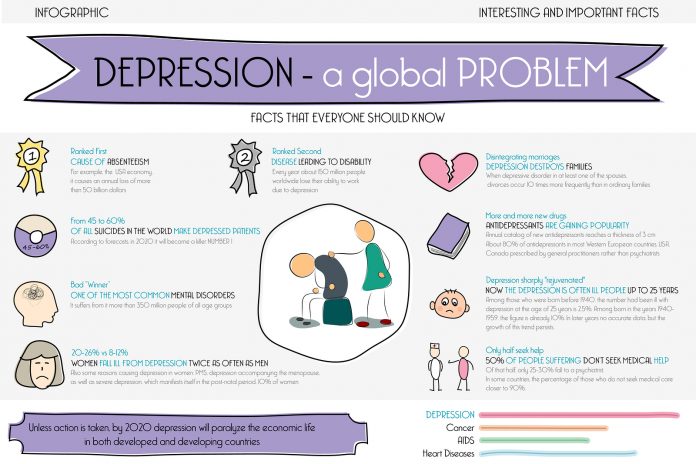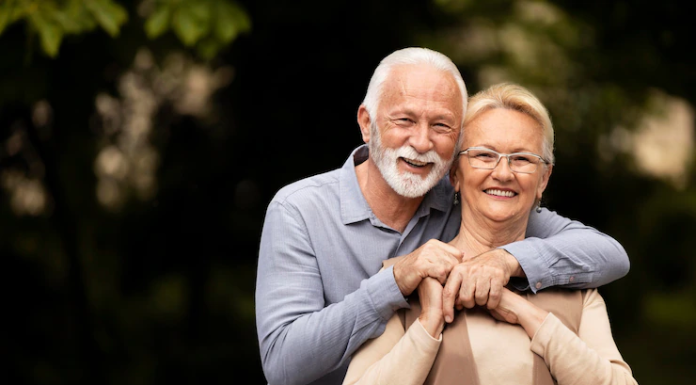Depression amongst seniors increases as life changes. Health concerns, financial concerns, inability to live life as we once did, all contribute to senior depression. Senior depression is a key contributor to senior suicide.
Suicide rates of seniors continues to rise every year.
Some just think it is a phase and will pass like when we were younger. But as seniors and caregivers, it is important to know the signs of depression and make sure the symptoms are managed. Please see our previous article https://seniorslifestylemag.com/health-well-being/senior-depression/ to recognize the signs of depression in seniors.
Depression can lead to suicide
One step further to consider is senior suicide or thoughts of. Senior suicide continues to increase across North America. Fortunately, many do not have the means to facilitate their own death but the very thought that they feel that way is disturbing and must be addressed.
Seniors have spent their entire lives, working, raising families, giving to the community and shaping the world for the next generation. They should feel honoured not suicidal!
If you or your senior has had a life altering event i.e. a medical diagnosis, loss of a family member, change in living arrangements, loss of independence, their is a possible risk for depression that needs to be watched and managed. No one should feel they can’t reach out for help. We all need help at some point in our lives. Help is always just a phone call away.
Suicide can be prevented.
Call a local helpline or 911 if you are feeling at risk or know someone who is.
Visit various sites that offer mental health support such as:
In Canada, contact the Canadian Mental Health Association here: https://cmha.ca/
In the US, contact Mental Health America here: https://mhanational.org/
September 10th is Suicide Prevention Day. Please share this article to keep everyone safe.
Read more about stats on suicide here:
https://www.ncoa.org/article/suicide-and-older-adults-what-you-should-know/
This article is intended for informational purposes only. Please consult your health practitioner for more information especially if you or a loved one are experiencing any signs of depression. If you believe someone is at risk for suicide, please contact your local distress line or call 911.






















